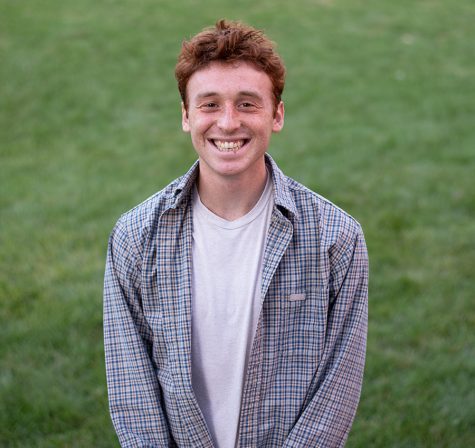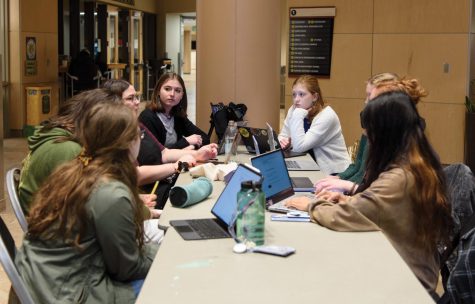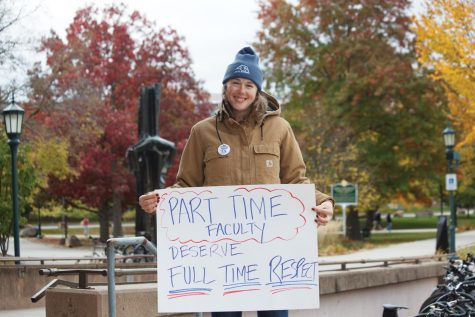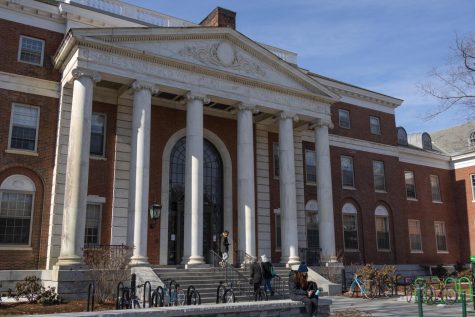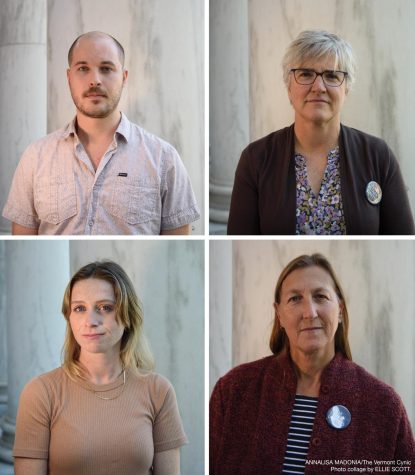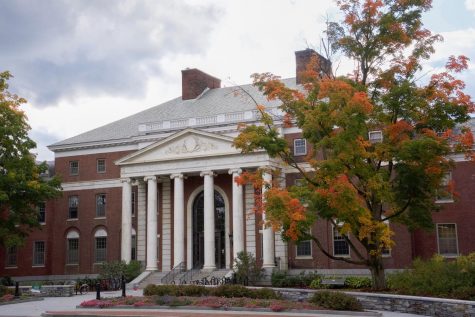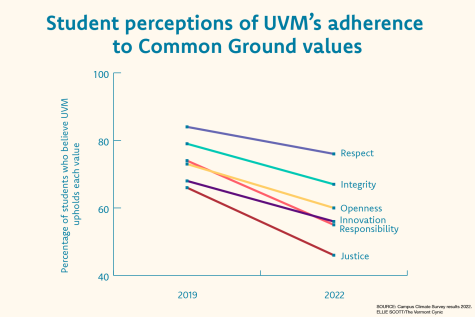CAPS uses short-term model
October 18, 2018
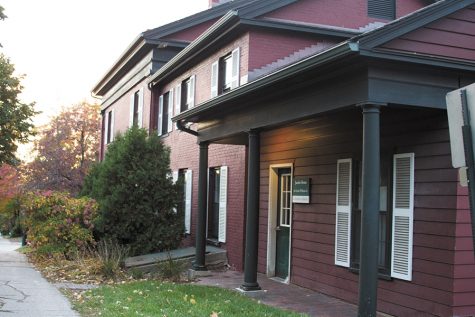
The Jacobs House hosts UVM’s counseling and psychiatric services. CAPS services are only meant to be used as short-term counseling, but students are unaware of this, said junior Alexa Hererra.
UVM’S Counseling and Psychiatry Services are only meant to be used as short-term counseling, despite students desiring long-term services.
CAPS uses a short-term model when counseling clients, Interim CAPS Director John-Paul Grogan said, although many students use the services for longer-term counseling and being unaware that the services provided are meant to be short-term.
“I think that there’s probably some work to do around how we talk about our services and how students understand what that service looks like,” Grogan said.
CAPS works to educate people about what CAPS services can provide, Grogan said.
The most effective way for students to understand that CAPS primarily offers short-term service is during their initial consultation, he said.
Many students who use CAPS are unaware that this is the case, junior Alexa Hererra said, who uses CAPS herself.
“Not a lot of people know that CAPS is only for a little bit of time,” Herrera said. “When they’re in these sessions, they’re having these breakthroughs and then they can’t do much.”
The only reason that Herrera knew that CAPS was designed for short-term counseling was from being a Wellness Associate in Living Well, she said.
“CAPS is designed for short-term counseling. When longer-term counseling is desired or recommended, your counselor will assist you in determining alternative services that will best meet your needs,” the CAPS website states.
CAPS counseling is covered by the UVM student health fee, but services outside of CAPS are not, so alternative services could be too costly for some students, Grogan said.
“We know that there is a myriad of reasons that students may have obstacles getting adequate care downtown,” Grgan said. “So that’s where our model flexes and those are exceptions to the general way that our system works.”
While CAPS uses a flexible model to accommodate students who might not have access to other mental health services, it can be difficult for some students to transition from CAPS to other services, Herrera said.
“I feel like UVM and CAPS can do better about bridging students to actual long-term solutions,” she said.
Regardless of the type of services CAPS provides, senior John Zambarano, who uses CAPS services, said CAPS does not provide enough service in total to the UVM student body.
However, Zambarano considers CAPS short-term services effective in satisfying his mental-health service needs.
“I think the quality of the services they offer, yes, but in the quantity they provide it, no,” Zambarano said.
Hererra said she wished she could go to a counselor regularly.
“Once you break down the barrier of being open with somebody like that, it’s really hard for it to get cut off,” she said.


